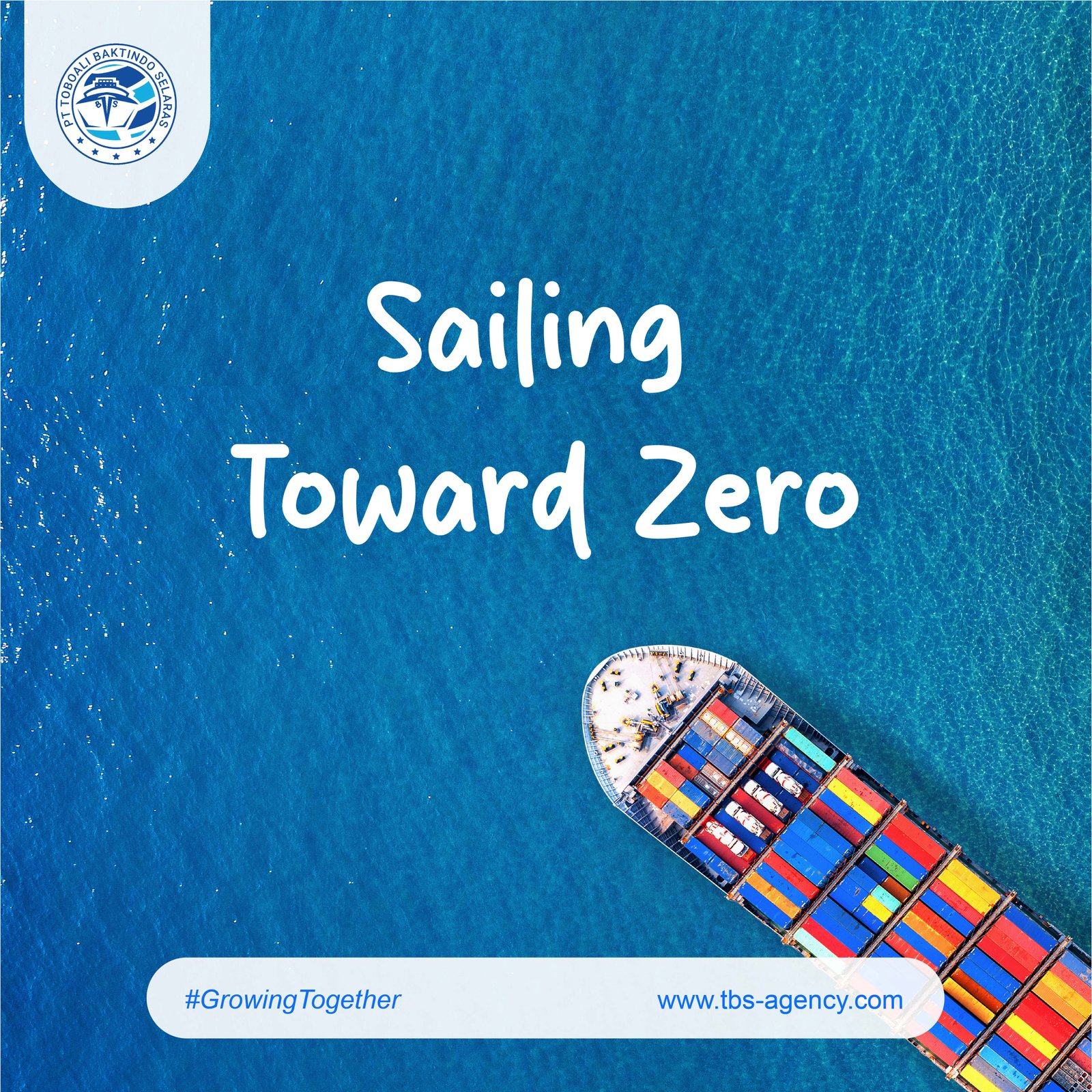Detail News



The International Maritime Organization (IMO) has taken a major step toward decarbonizing the shipping industry, adopting revised greenhouse gas (GHG) emission targets that aim for net-zero emissions by 2050. The agreement, finalized at the Marine Environment Protection Committee (MEPC 80) in July 2023, signals a turning point for one of the hardest-to-abate sectors in the global economy.
Key Elements of the IMO’s Revised Strategy
Net-Zero by 2050 – The shipping industry must eliminate or offset all GHG emissions by mid-century, a significant increase from previous targets.
Stricter Interim Goals – Emissions must drop at least 20-30% by 2030 and 70-80% by 2040(compared to 2008 levels).
Push for Alternative Fuels – The agreement accelerates the transition to green ammonia, hydrogen, methanol, and advanced biofuels, though infrastructure challenges remain.
Carbon Pricing on the Horizon? – While no global levy was finalized, the IMO agreed to further discuss market-based measures (MBMs), such as carbon taxes or emissions trading, by 2025.
Why This Matters
Shipping accounts for nearly 3% of global CO₂ emissions—more than aviation—and demand for maritime transport is expected to grow. Without aggressive action, the sector could undermine global climate goals.
The new targets will require:
✔ Massive investments in zero-carbon fuels and retrofitting existing fleets.
✔ Stronger regulations, including tighter Carbon Intensity Indicator (CII) ratings.
✔ Collaboration between governments, fuel producers, and shipping firms to scale green infrastructure.
Challenges Ahead
Cost & Competitiveness – Clean fuels remain expensive, and smaller operators may struggle with compliance.
Technology Gaps – Solutions like onboard carbon capture and wind-assisted propulsion need rapid scaling.
Global Enforcement – Ensuring compliance across all flags and regions will be critical.
The Path Forward
The IMO’s strategy sets a clear direction, but success depends on execution. Upcoming meetings will address carbon pricing mechanisms, fuel standards, and just transition policies to support developing nations.
For now, one thing is certain: The era of fossil-fueled shipping is coming to an end.
? What’s your take on the IMO’s new climate targets? Share your thoughts in the comments!